Continually changing worn out cutting tools can be a real profit breaker. If you’re machining automotive and aerospace components made out of hardened steel or nickel-based alloys, you really know what we mean. How do you avoid the costly downtime and excessive tooling costs typically associated with these super-hard materials? Find yourself a tougher tool. We offer a full array of standard and custom turning inserts tipped with the hardest substances on Earth.
Cubic Boron Nitride
CBN comes in right behind diamonds on the hardness scale. Unlike other types of boron nitride, it exists as a cubic crystal lattice, like the crystalline structure of diamond. It’s the perfect choice for applications that require extreme wear resistance and toughness like hard turning, grooving and milling hardened steel and nickel alloys or roughing gray cast iron at high cutting speeds.

We were once called in to consult with a large automotive manufacturer that was having difficulty machining clutch plates made out of powdered metal. The part was very intricate, with a lot of internal and external diameters that needed to be turned, with some grooving and interrupted cuts. Inserts from their current supplier lasted only 20 parts before they had to be replaced. Initial tests with our CBN product immediately bumped this up to 215 parts per insert.
Polycrystalline Diamond
Polycrystalline diamond (PCD) is diamond grit that has been bonded onto a carbide substrate under high-pressure, high-temperature conditions.

It works best for abrasive non-ferrous composite material applications. Our PCD- tipped inserts (including intricate form tools), come in several extremely wear-resistant grades (so you don’t have to buy more PCD than you actually need.)
Expect a dramatic change in tool life when you switch to PCD. In our experience, the first tool life can yield savings of up to 30-50% when compared to carbide inserts.
Believe it or not, the savings don’t stop there. Frankly, PCD inserts are costly compared to their carbide relatives, so we purposefully design each of our tips so they can be brought back to life multiple times by re-grinding. This gives you hours more cutting time for your initial investment.
How the Inserts Are Made
After receiving the raw material from a supplier (usually in the form of a 63mm to 75mm diameter disc), we cut out the desired tip and shape it using an electrical discharge machine (EDM). Features and edges are ground into the tip, which is then braised onto a carbide insert body. Using this process, we can take any standard turning insert and make it the top of the line for hardness.
Edge Preparation
Edge preparation is a big part of the performance of a CBN insert. A T-Land (or chamfer)is a common edge preparation we use for CBN inserts. Prior to edge preparation, a too typically has a 90 degree corner. Edge preparation removes this sharp angle which gives the insert a beveled edge.
For example, a 20 degree chamfer results in a “strong negative” cutting angle, with a rake of 70 degrees. The advantage of a chamfered tool is that the tool lasts significantly longer than a tool with a square or “positive” edge. Most companies offer standard angles of 20, 25 and 30 degrees. If 25 isn’t right, you have to make the leap to 30. This jump would probably not give you the ideal balance between strength and accuracy required for your application. At GWS, we have proprietary equipment that allows us to go from 10-45 degree angles and everywhere in between. We are the only company that has the ability (and the will) to give our customers this level of optimal customization.
Just the Right Composition
There are only a handful of companies that sell raw CBN and PCD. While our competitors usually work with only one, we order from a group of suppliers. The reason for this is that each source has a slightly different formula that may be a better match for any one of our customers. This “pick and choose” approach gives us more flexibility to provide a superior product for different applications. If your cutting tool inserts wear out too fast,
contact us for a consultation and see the difference custom can make. When it comes to our customers, we don’t make do, we make better.


